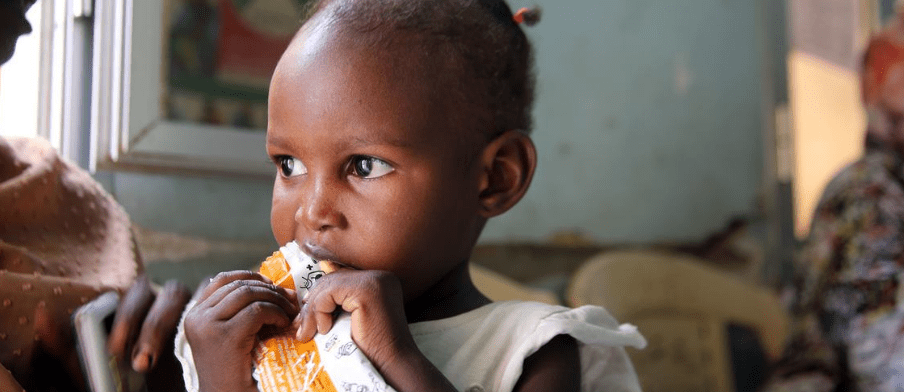By Malak Khaled
On December 23, Sudan’s agriculture minister announced that the government is halting its participation in the Integrated Food Security Phase Classification (IPC) system. He accused the IPC of “issuing unreliable reports that undermine Sudan’s sovereignty and dignity.”
This decision was made just before the IPC released a report predicting that famine had already spread to five areas in Sudan and could expand to 10 by May.
The report emphasizes that the situation is worse than expected, with the “unprecedented deepening and widening of the food and nutrition crisis” driven by ongoing conflict and poor humanitarian access.
Understanding the IPC System and Its Role in Humanitarian Aid
The IPC is a globally recognized tool that assesses and classifies the severity of food scarcity in different regions. Humanitarian organizations use it to make decisions about where to direct resources and interventions.
Countries that participate in the IPC system are provided with data that helps assess the severity of food insecurity, allowing aid organizations to respond in a timely and effective manner.
In the Middle East, countries like Yemen, Lebanon, and Syria have benefited from the IPC’s reports, which assist in shaping international humanitarian efforts to tackle food crises and poverty.
The Consequences of Sudan’s Withdrawal
Sudan’s withdrawal has raised alarms within the humanitarian community. “Withdrawal from the IPC system won’t change the reality of hunger on the ground,” an NGO source explained.
“But it does deprive the international community of its compass to navigate Sudan’s hunger crisis. Without independent analysis, we’re flying blind into this storm of food insecurity.”
Earlier this year, Sudan was criticized for obstructing the IPC’s work, particularly in the Zamzam camp for internally displaced people, where residents have reportedly resorted to eating tree leaves to survive.
The Sudanese government has long been accused of downplaying the scale of the famine, with some officials viewing the issue as a threat to national pride and sovereignty rather than a humanitarian emergency.
Alex de Waal, executive director of the World Peace Foundation, called Sudan’s withdrawal “both pathetic and tragic,” pointing out that the government’s historical reluctance to acknowledge famines has cost lives.
Sudan’s Ongoing Humanitarian Crisis
Sudan’s humanitarian situation is dire, with 25.6 million people in urgent need of relief. The country’s food security crisis is more pressing because of political instability and conflict, leaving the international community struggling to assess the full scale of the disaster.
Without participation in the IPC, it becomes even harder to gauge how to direct aid effectively, further complicating efforts to ease the crisis.
A Global Issue: Other Countries’ Struggles with the IPC
Sudan is not the only country that has contested the IPC’s findings. In 2021, Ethiopia halted cooperation with the system after it reported that 350,000 people in the country were facing catastrophic acute food insecurity.
Similarly, Yemen has been accused of obstructing the IPC’s work by suppressing data or falsifying reports. Despite these challenges, the IPC remains a critical tool for monitoring global food crises and guiding international aid efforts.
Sudan’s decision to withdraw from the IPC system comes at a critical time, as the population faces hunger and an urgent need for aid. Without independent food security data, responding effectively to the crisis becomes much harder.
We Also Said: Don’t Miss It… UK Pledges £113 Million to Sudan as Famine Threatens Millions



